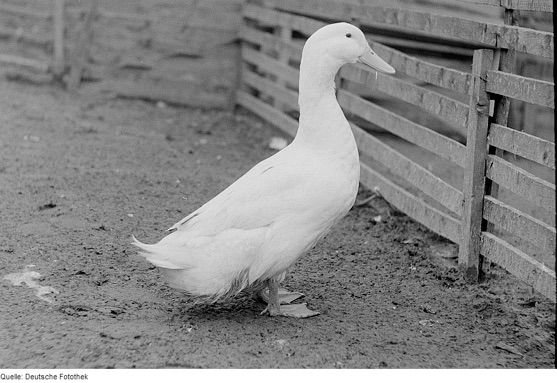Duck Eggs

Duck eggs are the prima donnas of the egg world. They are beautiful, they are sensitive, they are fussy, and a challenge to work with. Most people decide it’s simply not worth the effort.

I am told, though, that working with duck eggs can be quite rewarding. The shells are translucent, unlike other eggs used in pysankarstvo. The effect can be quite magical.
A few points about working with duck eggs:
-
1.Duck eggs do not age well. While you can store chicken eggs for month sin a fridge, with only a slight thickening of the contents, duck eggs go bad quickly. The innards turn into a dark, thick mass which stick to the inside of the egg and is almost impossible to remove. Empty duck eggs quickly; do not store full ones for any extended period of time!!
-
2.Duck egg cuticles are fragile. The cuticle is the outer protein layer of the shell, and is the part that dyes bind to. Duck egg cuticles scratch and abrade easily. Handle the eggs gently, and do not wash any more than is absolutely necessary. Dyeing will cover stains; overly washing will damage the cuticle. A light wash with mild dish soap is all that should be used; avoid abrasive scrubbing.
-
3.Dye coverage can be iffy. Some dyes take better than others (blues as opposed to reds), and often the result is a pastel rather than a bold, vibrant color. Removing dyes (e.g. with washing) often keeps subsequent dyes from taking well. Those who work with duck eggs suggest using fewer colors, and using natural sequences of colors and/or spot dyeing.
Duck eggs are particularly nice for making for making scratchwork eggs (driapanky), according a friend of mine who does much scratchwork. He suggest dyeing the eggs to a deep, dark color, and then letting them dry for a year or so before scratching......
Back to Main Eggs page
Back to MAIN Pysanka home page.
Back to Pysanka Index.
Search my site with Google
Duck Eggs



